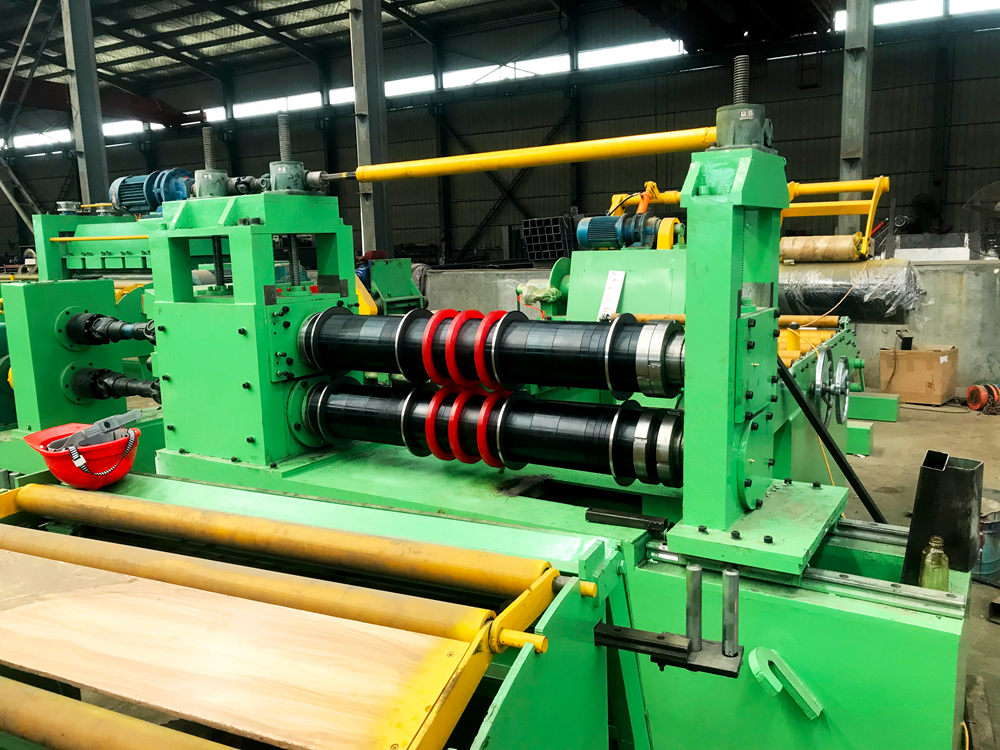
The Evolution and Importance of Carbon Steel Pipe Making Machines
In the realm of manufacturing and industrial applications, carbon steel pipes have become a pivotal element due to their durability, strength, and versatility. The machinery involved in the production of carbon steel pipes plays a crucial role in ensuring that the final products meet the stringent requirements of various industries, including construction, automotive, and oil and gas. This article delves into the significance of carbon steel pipe making machines, their evolution, and the various types available today.
Understanding Carbon Steel Pipes
Carbon steel pipes are primarily made from steel and contain carbon as the main alloying element. They are categorized based on their carbon content—low, medium, and high carbon steel—each serving different purposes and exhibiting distinct properties. Low carbon steel, for instance, is widely used for structural applications due to its excellent weldability and machinability. In contrast, high carbon steel, known for its hardness and strength, is utilized in applications that require high wear resistance.
With their myriad benefits, carbon steel pipes have become essential in several sectors, necessitating efficient and high-quality manufacturing processes.
The Machinery Behind the Production
The production of carbon steel pipes involves a series of intricate steps, and the machinery used in each phase significantly influences the quality of the final product. Key processes in pipe manufacturing include forming, welding, heat treatment, and finishing. Each of these processes requires specialized machines.
1. Steel Plate and Coil Preparation The first step involves cutting and preparing steel plates or coils. Machines such as slitters and shears are employed to ensure that the raw material is sized appropriately for the pipe manufacturing process.
2. Forming Machines After preparation, the steel is formed into a cylindrical shape using forming machines. The most common forming techniques include roll forming and spiral forming. Roll forming involves passing the flat steel through a series of rollers to achieve the desired diameter, while spiral forming wraps the steel into a spiral shape.

3. Welding Equipment The welding process is critical for the integrity of the pipe. Advanced welding machines, including electric resistance welding (ERW) and submerged arc welding (SAW), are used to join the edges of the formed steel. These machines provide high precision and can be adjusted to accommodate different pipe sizes and thicknesses.
4. Heat Treatment Furnaces After welding, the pipes often undergo heat treatment to enhance their mechanical properties. This process is essential for ensuring that the pipes can withstand the pressures and stresses of their intended applications.
5. Finishing Machines To ensure the pipes have a smooth surface and are free from defects, finishing machines such as shot blasters, polishers, and coating applicators are employed. These machines enhance the aesthetic and functional qualities of the pipes, making them more suitable for various applications.
Technological Advancements
The evolution of carbon steel pipe making machines has been greatly influenced by technological advancements. Automation and computer control systems have improved efficiency, reduced human error, and enhanced the overall production rate. Modern machines are equipped with sensors and monitoring systems that allow for real-time quality control, ensuring that any deviations from specified parameters can be promptly addressed.
Moreover, eco-friendly technologies are increasingly being integrated into pipe manufacturing. These innovations aim to minimize waste and reduce energy consumption, aligning production processes with sustainable practices.
Conclusion
Carbon steel pipe making machines are vital to the manufacturing industry, providing the tools necessary to produce high-quality pipes that meet a wide range of applications. As technology continues to evolve, we can anticipate further improvements in efficiency, precision, and sustainability within the production process. Understanding these machines and their functionalities is crucial for manufacturers aiming to stay competitive in today’s rapidly advancing market. The future of carbon steel pipe production looks promising, driven by innovation and a commitment to meeting the ever-increasing demands of global industries.